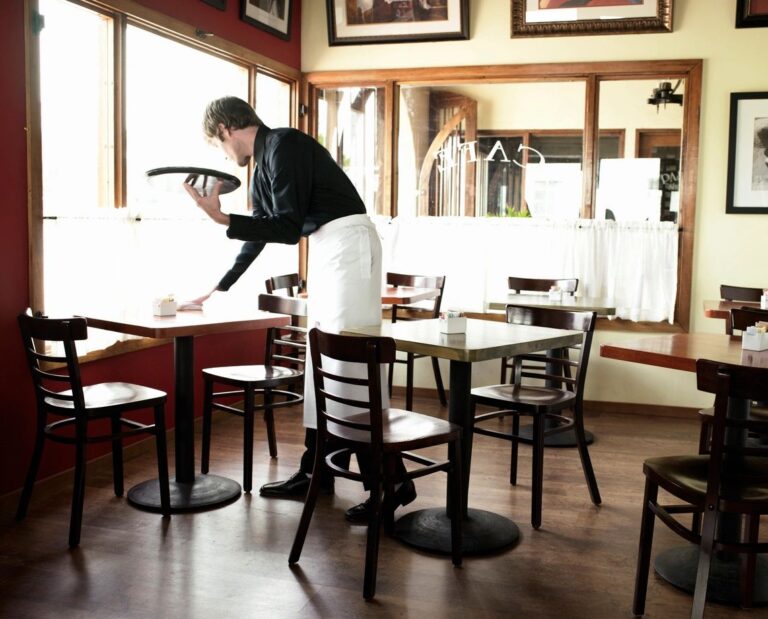Marketing Mistakes: A Cautionary Tale for Restaurant Owners

Marketing Mistakes: A Cautionary Tale for Restaurant Owners
Every restaurant operator faces marketing decisions that can significantly impact their bottom line. A revealing case study from an experienced restaurant owner demonstrates how even well-intentioned marketing initiatives can result in costly mistakes when implemented without proper planning and expertise.
The Allure of DIY Marketing
Independent restaurant operators often believe they can effectively adapt marketing strategies observed from national chains and other businesses. This common misconception leads many to invest in promotional materials or campaigns without proper planning or strategic foundation.
The True Cost of Impulsive Marketing
When restaurant marketing decisions are driven by enthusiasm rather than strategy, the consequences can be significant:
- Wasted marketing budgets
- Ineffective promotional materials
- Storage costs for unused items
- Lost opportunity costs
- Diminished marketing credibility
Five Essential Marketing Principles
Through this expensive lesson, several crucial marketing principles emerged that apply to all restaurant operations:
- Start Small and Test. Before committing to large-scale promotional investments, successful operators test concepts on a limited basis. This approach allows for adjustment and validation before significant resource commitment.
- Develop Written Strategic Plans. Effective marketing requires clear objectives, expected returns, and detailed implementation strategies. Documentation forces operators to think through all aspects of promotional campaigns.
- Maintain Objective Decision-Making. Emotional attachment to marketing concepts can cloud judgment and lead to poor investment decisions. Professional operators evaluate initiatives based on potential returns rather than personal preference.
- Leverage Collective Wisdom. Successful marketing benefits from diverse perspectives. Consulting with staff, industry peers, and marketing professionals helps identify potential issues before implementation.
- Understand Market Position. Independent restaurants succeed by leveraging their unique advantages rather than copying national chains. Effective marketing emphasizes distinctive local value propositions.
Creating Effective Marketing Strategies
Successful restaurant marketing requires:
Clear Objectives. Every marketing initiative should have specific, measurable goals aligned with business objectives.
Resource Assessment. Understanding available resources, including budget, staff capacity, and implementation capabilities, ensures realistic planning.
Implementation Planning. Detailed execution plans help prevent costly oversights and ensure effective resource utilization.
Measuring Marketing Success
Effective restaurant marketing programs include:
- Clear success metrics
- Regular performance evaluation
- Adjustment mechanisms
- Return on investment analysis
Moving Forward
Restaurant marketing success requires combining industry knowledge with strategic planning. Learning from others’ experiences helps operators avoid costly mistakes while developing effective promotional strategies.
The Role of Professional Development
Successful restaurant marketing benefits from:
- Industry-specific training
- Professional guidance
- Peer learning opportunities
- Ongoing education
Stay Connected for Marketing Insights
Join thousands of restaurant operators receiving weekly insights on proven marketing strategies and operational excellence.
[SIGN UP NOW] Access expert advice and industry updates tailored for independent restaurant owners.
